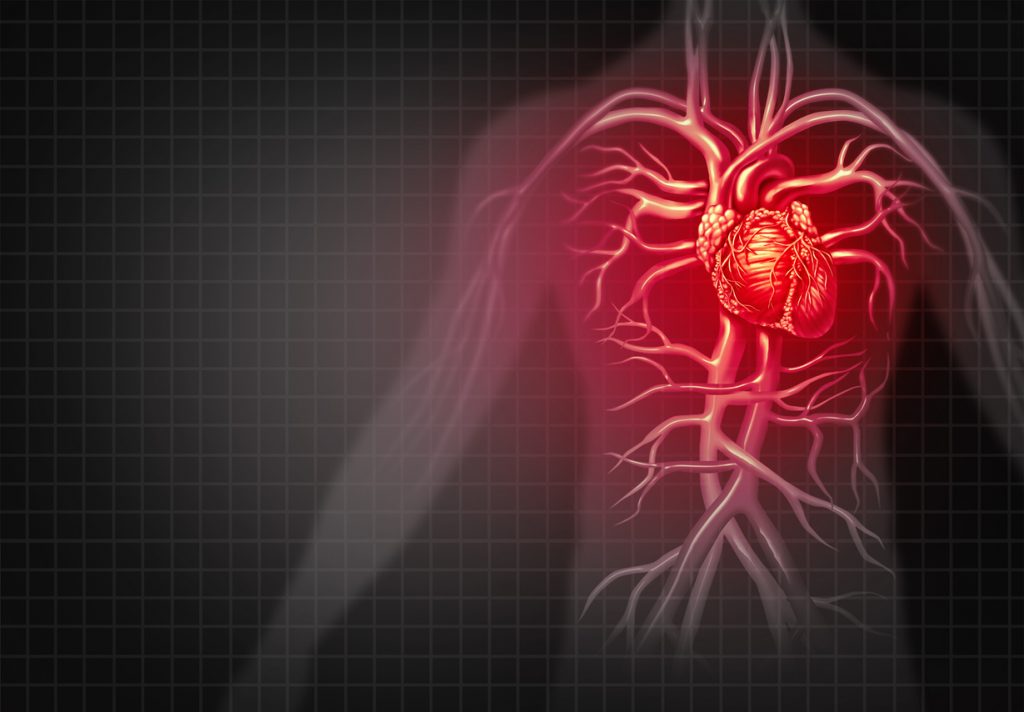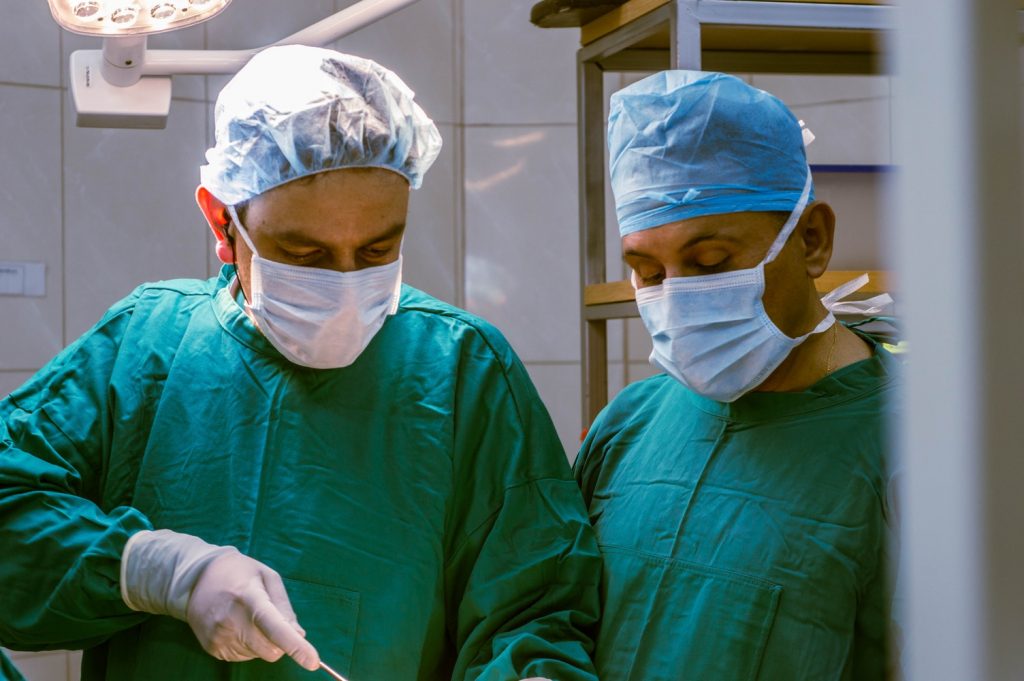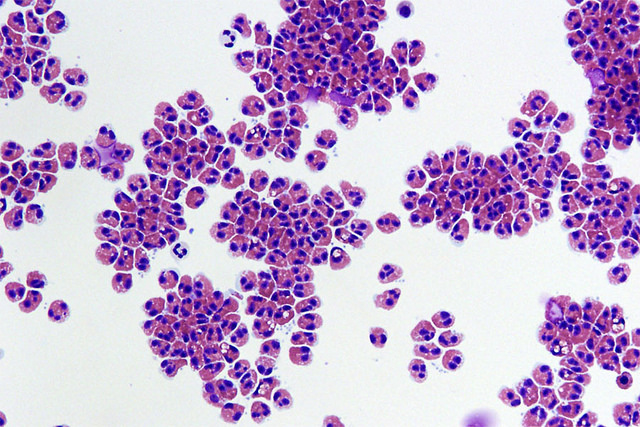Ischemic heart disease is one of the most frequent diagnoses in the VA system. Moreover, 5,819 coronary artery bypass graft (CABG-only) procedures were performed in the VA in FY 1999. Throughout VA and non-VA cardiac surgery programs nationwide, myocardial revascularization is now being performed using two surgical techniques. One technique is performed with cardiopulmonary bypass (CPB) usually with cardioplegic arrest (“on-pump”) and the other without CPB on a beating heart (“off-pump”). The overall purpose of this proposed randomized, controlled, clinical trial is to rigorously evaluate the impact of using an on-pump versus off-pump surgical technique for coronary artery bypass graft (CABG-only) procedures (performed with a traditional median sternotomy incision) upon patient clinical outcomes and resource utilization.
Official Title
CSP #517 – Outcomes Following Myocardial Revascularization: On and Off Cardiopulmonary Bypass
Conditions
– Ischemic Heart Disease
Study Type
Interventional
Study Design
Treatment, Randomized, Single Blind, Active Control, Parallel Assignment, Efficacy Study
Further Details
Primary Hypotheses: The study has two primary hypotheses to evaluate the impact of using an off-pump versus an on-pump surgical technique for CABG procedures. One is a short term objective to assess the immediate impact of the two surgical techniques while the second assesses the long-term impact of the two techniques: 1) Short-Term Null Hypothesis: For patients having CABG-only procedures performed, there will be no difference in the short-term composite clinical outcome (30 day death or major morbidity) between patients randomized to the on-pump and off-pump procedures, 2) Long-Term Null Hypothesis: For patients undergoing CABG-only procedures, there will be no difference in long-term clinical outcome as measured by one year mortality and/or acute myocardial infarction prior to one year and/or a subsequent revascularization procedure within one year between patients randomized to the on-pump and off-pump procedures. Secondary Hypotheses: Major secondary objectives are to determine if there are differences in patients undergoing CABG-only procedures using the on-pump and off-pump techniques for 1) long-term completeness of revascularization, 2) one year graft patency and stenosis rates as determined by angiography at one year, and 3) short-term completeness of revascularization. Other secondary objectives are to evaluate the two surgical techniques on 1) changes in neuropsychological function, 2) traditional clinical outcomes, 3) general and disease specific quality of life, and 4) useof system resources. Intervention: Patients requiring an elective or urgent CABG-only (no other procedures to be done) surgical procedure will be randomized to either the off-pump procedure or to the on-pump procedure. Primary Outcomes: The short-term primary outcome measure is a composite measure of death, repeat cardiac surgery, new technical support, cardiac arrest, coma, prolonged stroke and/or renal failure requiring dialyses occurring within 30 days of surgery or prior to discharge, whichever is latest. The long-term primary outcome measure is a composite of death, acute myocardial infarction, and/or subsequent revascularization procedure prior to one year post-surgery. Study Abstract: Ischemic heart disease is one of the most frequent diagnoses in the VA system. Moreover, 5,819 coronary artery bypass graft (CABG-only) procedures were performed in the VA in FY 1999. Throughout VA and non-VA cardiac surgery programs nationwide, myocardial revascularization is now being performed using two surgical techniques. One technique is performed with cardiopulmonary bypass (CPB) usually with cardioplegic arrest (“on-pump”) and the other without CPB on a beating heart (“off-pump”). The overall purpose of this proposed randomized, controlled, clinical trial is to rigorously evaluate the impact of using an on-pump versus off-pump surgical technique for coronary artery bypass graft (CABG-only) procedures (performed with a traditional median sternotomy incision) upon patient clinical outcomes and resource utilization.
Study Start
Eligibility & Criteria
Genders Eligible for Study: Both Criteria Elective or Urgent CABG CABG only procedure to be performed
Total Enrolment
2200
Contact Details
[1] Department of Veterans Affairs[2] Department of Veterans Affairs Cooperative Studies Program
All content and media on the HealthEngine Blog is created and published online for informational purposes only. It is not intended to be a substitute for professional medical advice and should not be relied on as health or personal advice. Always seek the guidance of your doctor or other qualified health professional with any questions you may have regarding your health or a medical condition. Never disregard the advice of a medical professional, or delay in seeking it because of something you have read on this Website. If you think you may have a medical emergency, call your doctor, go to the nearest hospital emergency department, or call the emergency services immediately.







